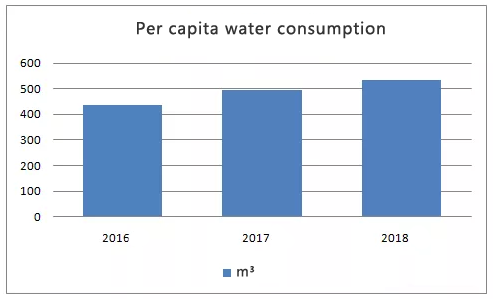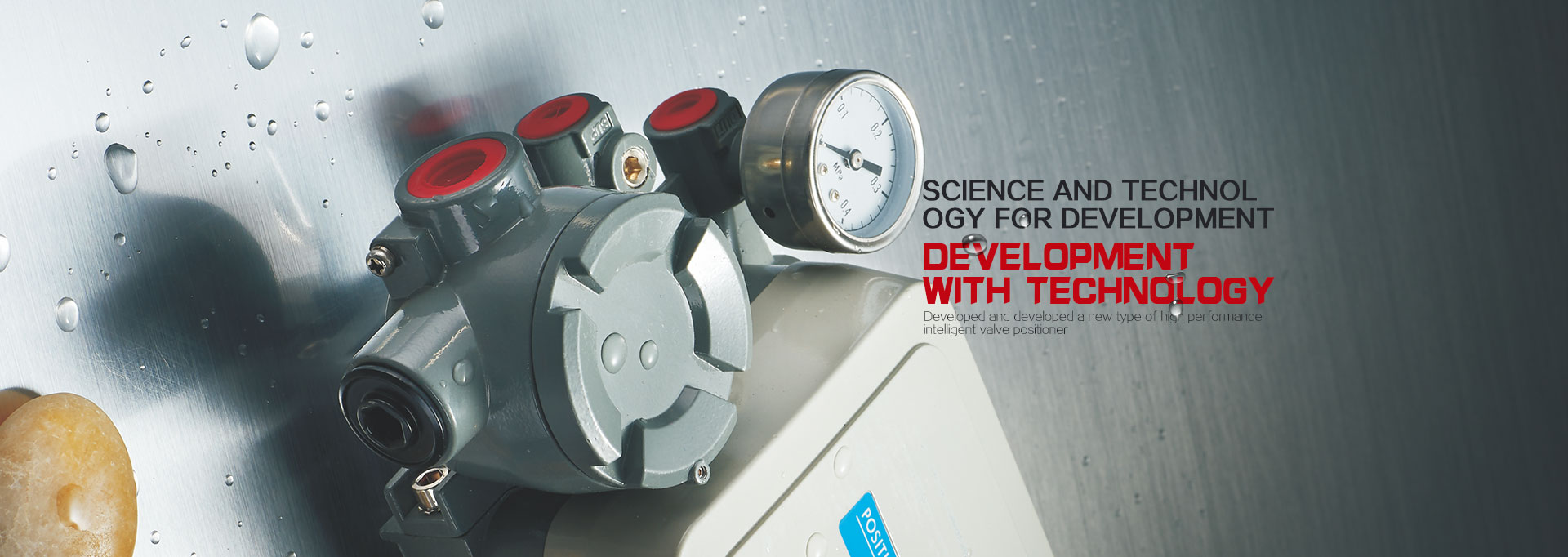Status analysis of water treatment industry: most water treatment enterprises are small in scale

Water resource is an essential resource for human survival and social development.However, with the rapid economic development, urbanization and industrialization, China's demand for water is increasing rapidly.But also makes our country water pollution increasingly serious, aggravates our country water resources shortage contradiction, solves the water resources shortage and the water pollution question to become the urgent but heavy task.
Water treatment is the whole process of adjusting water quality through physical, chemical and biological means to make water quality reach the standard to meet the needs of production and life.The analysis of water treatment industry points out that the scope of water treatment includes the production and supply of tap water, sewage treatment and its recycling, and other water treatment and utilization and distribution.
Understands from water treatment industry present situation analysis, new parts in the urban sewage treatment, according to the "much starker choices-and graver consequences-in" of the urban sewage treatment and recycling facilities construction plan, "much starker choices-and graver consequences-in" ability of urban sewage treatment in China will be from 217 million cubic meters/day, up to 268 million cubic meters/day, the new sewage treatment facilities required investment amount of 150.6 billion yuan, the investment demand for the top five for the shandong, zhejiang, guangdong, chongqing, hubei, 12 billion yuan, 11.4 billion yuan and 9.8 billion yuan respectively, 8.5 billion yuan, 8.4 billion yuan.
By 2018, China's rural sewage treatment plants had a capacity of about 16 million tons per day and decentralized sewage treatment capacity of about 12 million tons per day.It is estimated that China's rural sewage treatment capacity is expected to reach 20 million tons/day by 2020, and the capacity of decentralized sewage treatment equipment is expected to reach 15 million tons/day.
China's rural sewage treatment rate is only 22%, far lower than urban sewage treatment rate and county sewage treatment rate (93% and 88%, respectively), and regional development is unbalanced, with a large number of sewage treatment plants to be built.More than 70 percent of the towns, 90 percent of the townships and 80 percent of the administrative villages in China have yet to receive domestic sewage treatment, leaving huge room for improvement.
At present, sewage treatment has gone deep into towns and villages.The analysis of the current situation of water treatment industry indicates that the government has attached great importance to the treatment of rural water pollution.However, there is still a huge gap in rural sewage treatment, and the demand for future treatment will be accelerated.In addition, all counties and key towns in China are required to have sewage collection and treatment capacity by 2020, and the sewage treatment rate of counties and cities will reach about 85 percent and 95 percent respectively. The beijing-tianjin-hebei region, the Yangtze river delta and the pearl river delta will be completed by 2019.
More than 70% of China's 295 cities at or above the prefecture level have black and smelly water bodies, and the economically developed central and southern regions and eastern China with more river systems account for 71.9% of the total.In 2016, the Yellow River, songhua river, huai river and liaohe river basins were mildly polluted, while the haihe river basin was heavily polluted, among 1,617 national rivers in the seven major river basins, zhejiang and fujian rivers, northwest and southwest rivers.
Although the situation of water resources in China is quite serious, which is characterized by shortage of water resources, increasing water consumption and serious water pollution, the government is also strengthening the efforts of water environment management.The realistic contradiction of water resources and the positive proposition of the government have provided the solid market and policy demand for the water treatment industry. In the future, China's water treatment industry will usher in a golden period of development.







